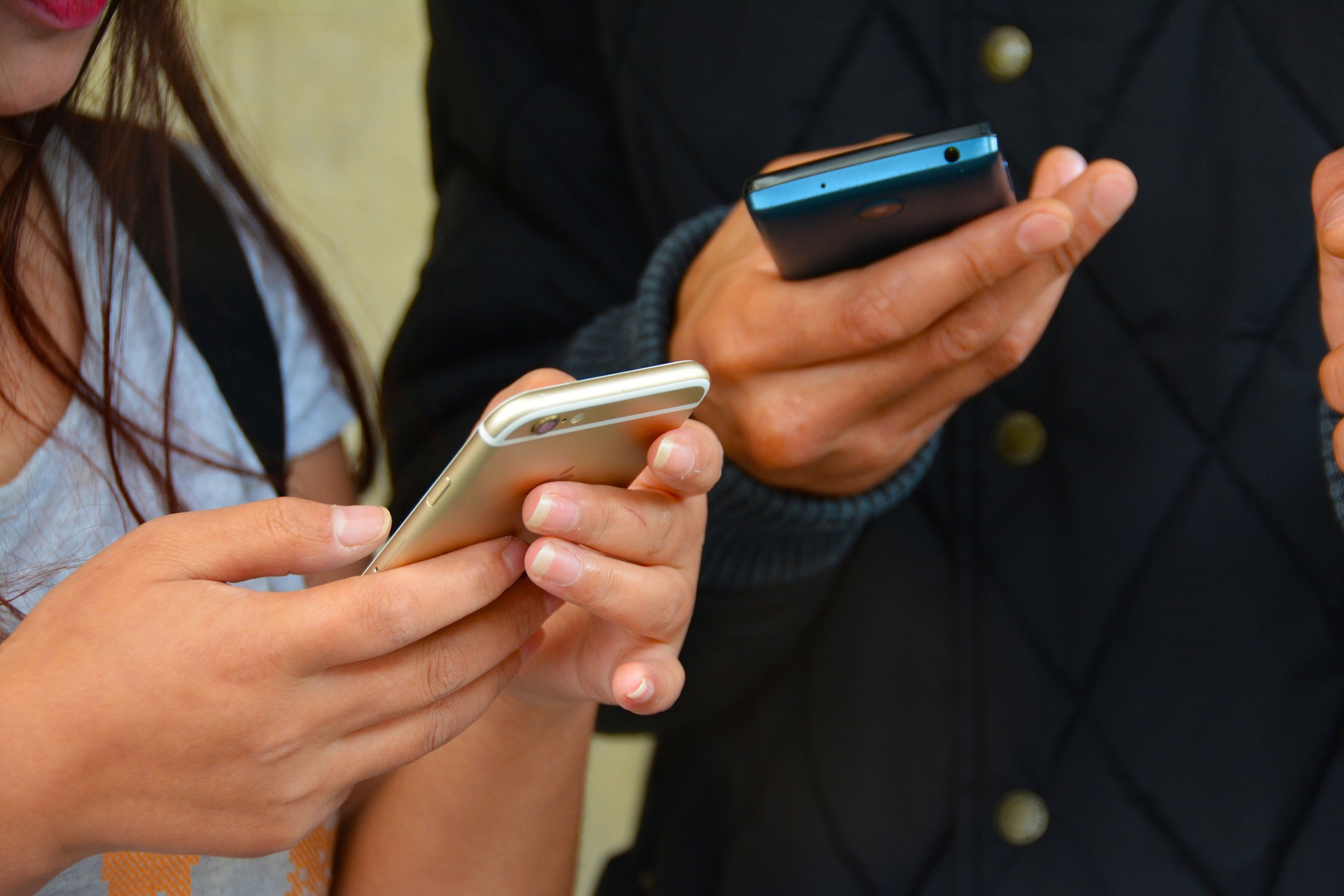How screen use in the age of technology may not be as large a problem as previously suggested
If you’re like most of the country, you spend the majority of your waking hours looking at screens. Between television, smartphones, e-readers, and computers, most Americans spend well over 10 hours per day with their eyes focused into these colorful pixel landscapes. At this point, the vast majority of America has dived headfirst into the golden age of technology. Screens, a technology that 100 years ago did not exist, have become a truly ubiquitous part of our daily existence. They have allowed us to communicate more effectively and have completely reshaped the entertainment industry. While there are many positives that screens have brought, this drastic increase in use has begun to carry concern with it as well.
As screen use in America has steadily risen, mental health has notably declined. Concerned scientists noticing this trend have done extensive analysis to show that these two trends are not only correlated, but may be causal. Three large studies spanning the US and the UK done over the past few years, utilizing upwards of 350,000 participants, have shown that the increased use of screens is strongly correlated with a decrease in mental well-being. These studies have been picked up by the media and many places are going as far as enacting governmental policy changes in an effort to limit screen use. While these changes are well-intentioned, they may be acting too quickly, as the science is not yet well vetted or confirmed.
Listen to the Conversation:
It’s Not the Screen, It’s You
Excerpt from the
JayMac News Show
Listen live every Monday at 2pm
Recent work out of The University of Oxford suggests that looking at a screens may not be as closely correlated with mental health as previously suggested. Drs. Amy Orben and Andrew Przybylski used a statistical technique to remove bias called specification curve analysis (SCA) to reanalyze data from these three landmark studies. Since the studies were completed independently of each other, the questions asked of their participants varied significantly. SCA was able to compile the disparate questions into common definitions to be analyzed together as a single massive dataset. Interestingly, Orben and Przybylski found that the correlation between screen use and mental well-being was significantly less than previously reported in any of the three studies. As a control, the researchers tested unrelated negative, neutral, and positive variables. Many neutral variables, such as amount of potatoes making up a person’s diet, showed a similar or stronger correlation with mental wellbeing compared with screen use. Silly comparisons aside, this study shows that the correlation between screen use and mental well-being is weaker than previously thought.


Science is constantly changing, updating, and rewriting itself. The results of this study have yet to be validated by another, and there is always room for further interpretation. Ultimately, Orben and Przybylski call for new, rigorous, and consistent research to be completed as soon as possible. With screens becoming an increasingly essential part of our daily lives, it is important to know their impact on our mental states. It is essential to point out that these results have to do with the physical act of looking at a screen, and not the content of what is on the screen. Many studies have suggested and shown that excessive time spent on social media does have a strong negative correlation with mental health. The conclusions of this study argue that while screens may be the route that people obtain that content, it is not the screens themselves that are causing (or even correlated with) the problem.
JayMac’s Science Class
Hear the latest in science every week as the JayMac News Show hosts our own Luke Gangi-Wellman for eye opening conversations in the studio.
Live Mondays at 2pm
Leonardo’s Laboratory
Find hands-on science and experiment demos at the museum.

